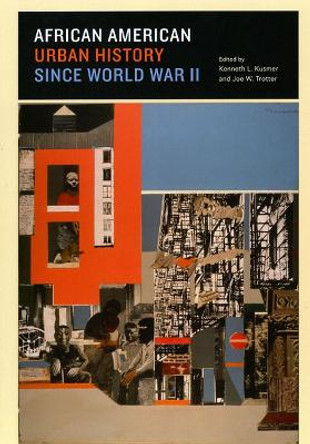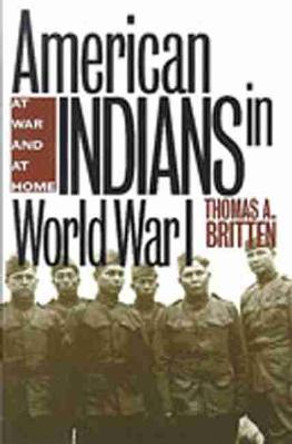Description
World War II marked a crossroads for Native Americans. Twenty-five thousand served in America's armed forces and forty thousand--including many Native American women employed in defense industries--secured jobs on the home front. The war years divided their past from their future, providing some with the skills and opportunities to enter mainstream society. For other Native Americans, wartime experiences affirmed the value of a renewed, reinvigorated Indian identity apart from the dominant society.
This book is the first full account of Native American experiences from the 1930s to 1945 and the first to offer the Indians' perspective. It begins with their responses to the drift toward war in the 1930s, including their reactions to propaganda campaigns directed at them by Nazi sympathizers. It is also the only ethnohistory of their experiences during World War II. Included are the voices and recollections of Indian men who resisted the draft, of those who fought in Europe and the Pacific, and of Indian women on the homefront. The book is also a careful reinterpretation of John Collier's career as commissioner of Indian affairs during the Roosevelt years. Townsend argues that Collier's efforts to preserve traditional Native American lifeways inadvertently provided Indians the resources, training, and services necessary for assimilation in the post-war years.
About the Author
Professor Kenneth William Townsend is a specialist in twentieth-century American history and the author of studies on the 1930s and World War II. He teaches at Coastal Carolina University.
Book Information
ISBN 9780826320391
Author Kenneth William Townsend
Format Paperback
Page Count 284
Imprint University of New Mexico Press
Publisher University of New Mexico Press





![World War II by John Townsend 9781445121949 [USED COPY] World War II by John Townsend 9781445121949 [USED COPY]](https://cdn11.bigcommerce.com/s-zkx5lhzlf8/images/stencil/444x444/products/5097063/5096232/9781445121949__55067.1723107213.jpg?c=1)

